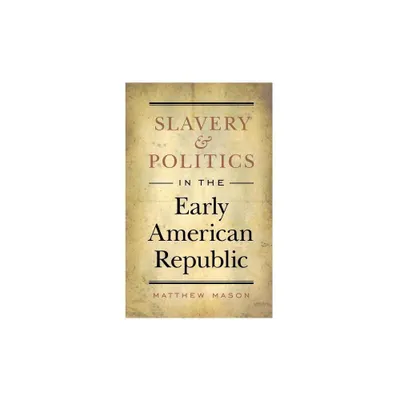Home
The Devil and Doctor Dwight: Satire and Theology in the Early American Republic / Edition 1
Loading Inventory...
Barnes and Noble
The Devil and Doctor Dwight: Satire and Theology in the Early American Republic / Edition 1
Current price: $55.00


Barnes and Noble
The Devil and Doctor Dwight: Satire and Theology in the Early American Republic / Edition 1
Current price: $55.00
Loading Inventory...
Size: OS
*Product Information may vary - to confirm product availability, pricing, and additional information please contact Barnes and Noble
At the close of the eighteenth century, Timothy Dwightpoet, clergyman, and, later, president of Yale Collegewaged a literary and intellectual war against the forces of "infidelity."
The Devil and Doctor Dwight
reexamines this episode by focusing on
The Triumph of Infidelity
(1788), the verse satire that launched Dwight's campaign and, Colin Wells argues, the key to recovering the deeper meaning of the threat of infidelity in the early years of the American Republic. The book also features the first modern, annotated edition of this important but long-overlooked poem.Modeled after Alexander Pope's satiric masterpiece, the
Dunciad
, Dwight's poem took aim at a number of his contemporaries, but its principal target was Congregationalist Charles Chauncy, author of a controversial treatise asserting "the salvation of all men." To Dwight's mind, a belief in universal salvation issued from the same naive faith in innate human virtue and inevitable progress that governed all forms of Enlightenment thought, political as well as religious. Indeed, in subsequent works he traced with increasing dismay a shift in the idea of universal salvation from a theological doctrine to a political belief and symbol of American national identity. In this light, Dwight's campaign against infidelity must also be seen as an early and prescient critique of the ideological underpinnings of Jeffersonian democracy.
The Devil and Doctor Dwight
reexamines this episode by focusing on
The Triumph of Infidelity
(1788), the verse satire that launched Dwight's campaign and, Colin Wells argues, the key to recovering the deeper meaning of the threat of infidelity in the early years of the American Republic. The book also features the first modern, annotated edition of this important but long-overlooked poem.Modeled after Alexander Pope's satiric masterpiece, the
Dunciad
, Dwight's poem took aim at a number of his contemporaries, but its principal target was Congregationalist Charles Chauncy, author of a controversial treatise asserting "the salvation of all men." To Dwight's mind, a belief in universal salvation issued from the same naive faith in innate human virtue and inevitable progress that governed all forms of Enlightenment thought, political as well as religious. Indeed, in subsequent works he traced with increasing dismay a shift in the idea of universal salvation from a theological doctrine to a political belief and symbol of American national identity. In this light, Dwight's campaign against infidelity must also be seen as an early and prescient critique of the ideological underpinnings of Jeffersonian democracy.


















